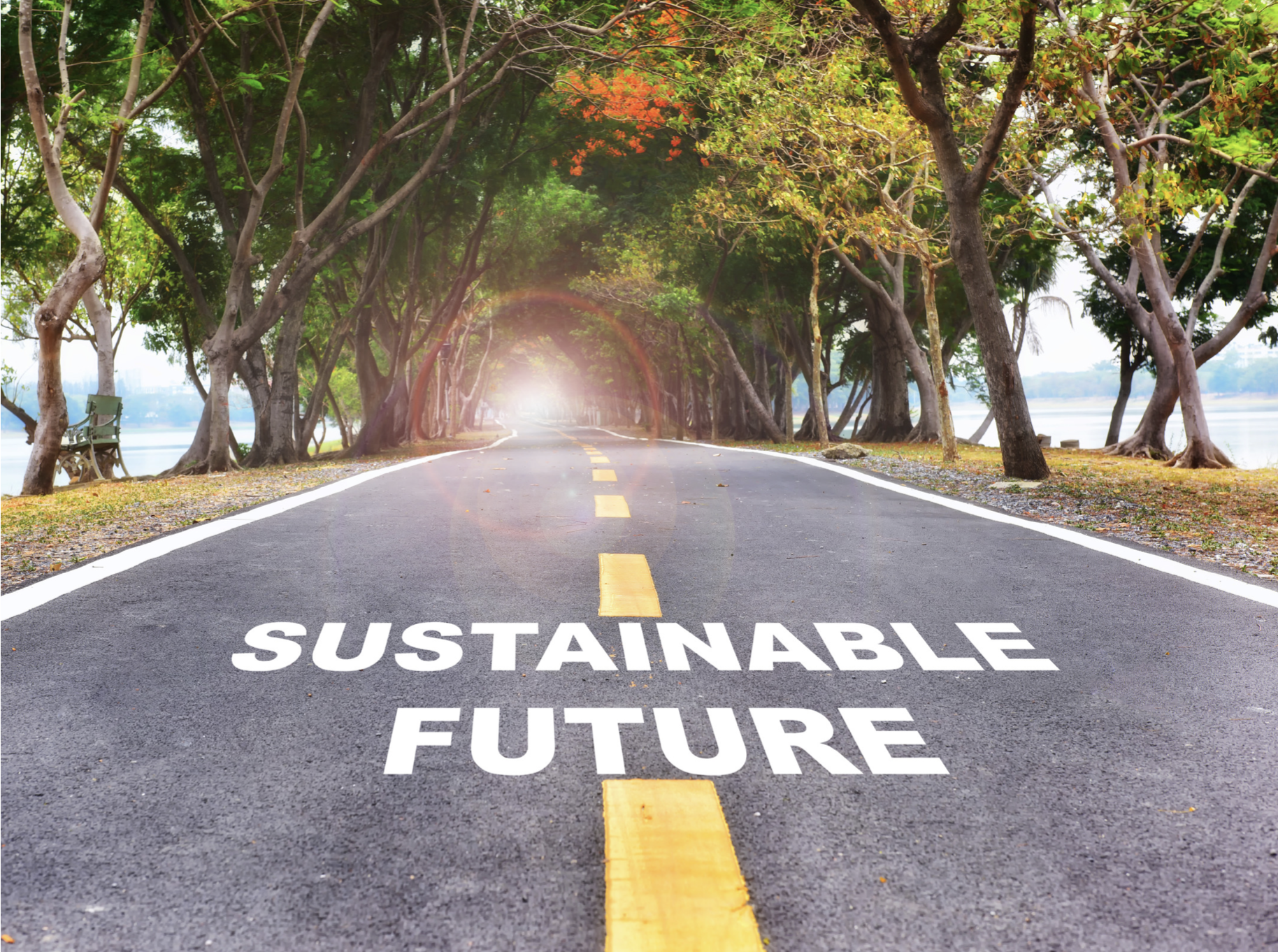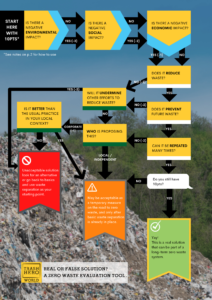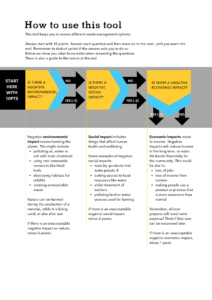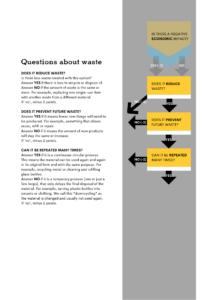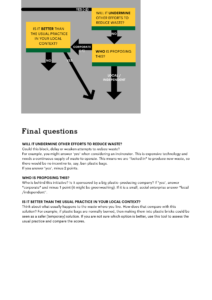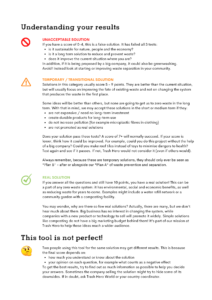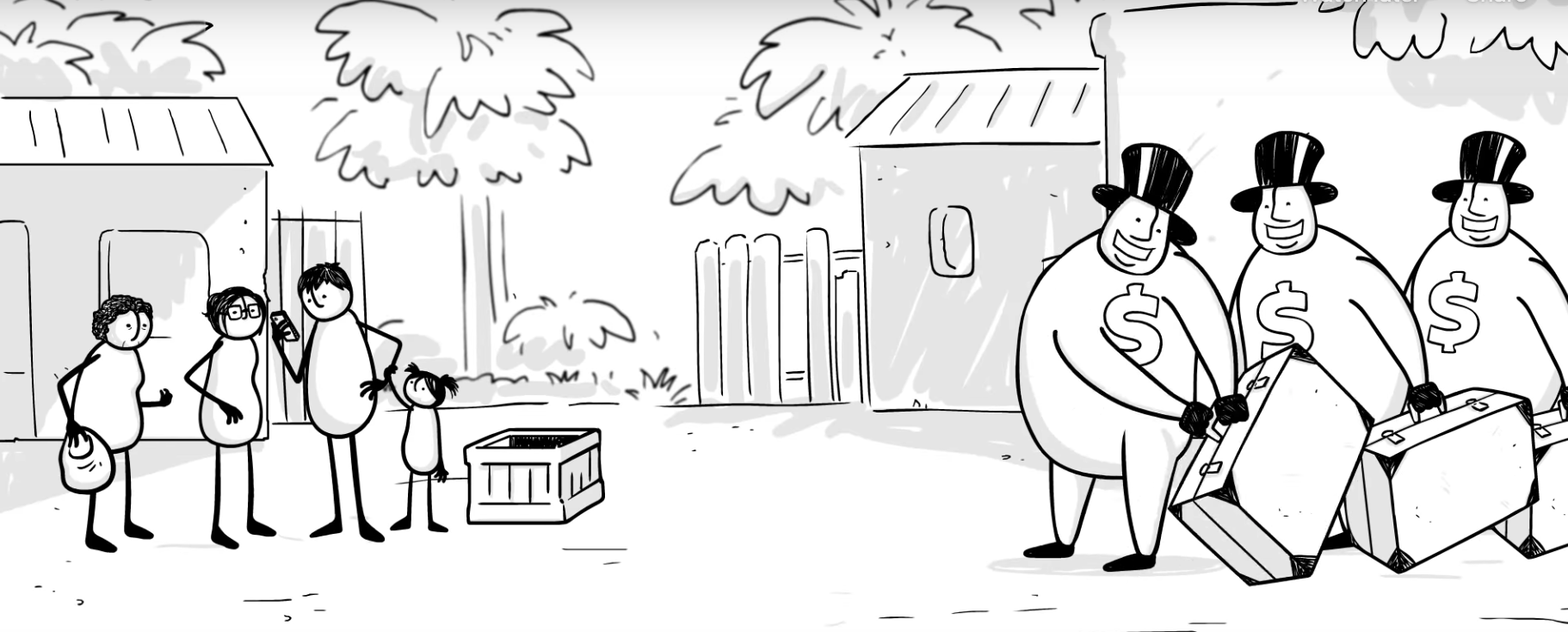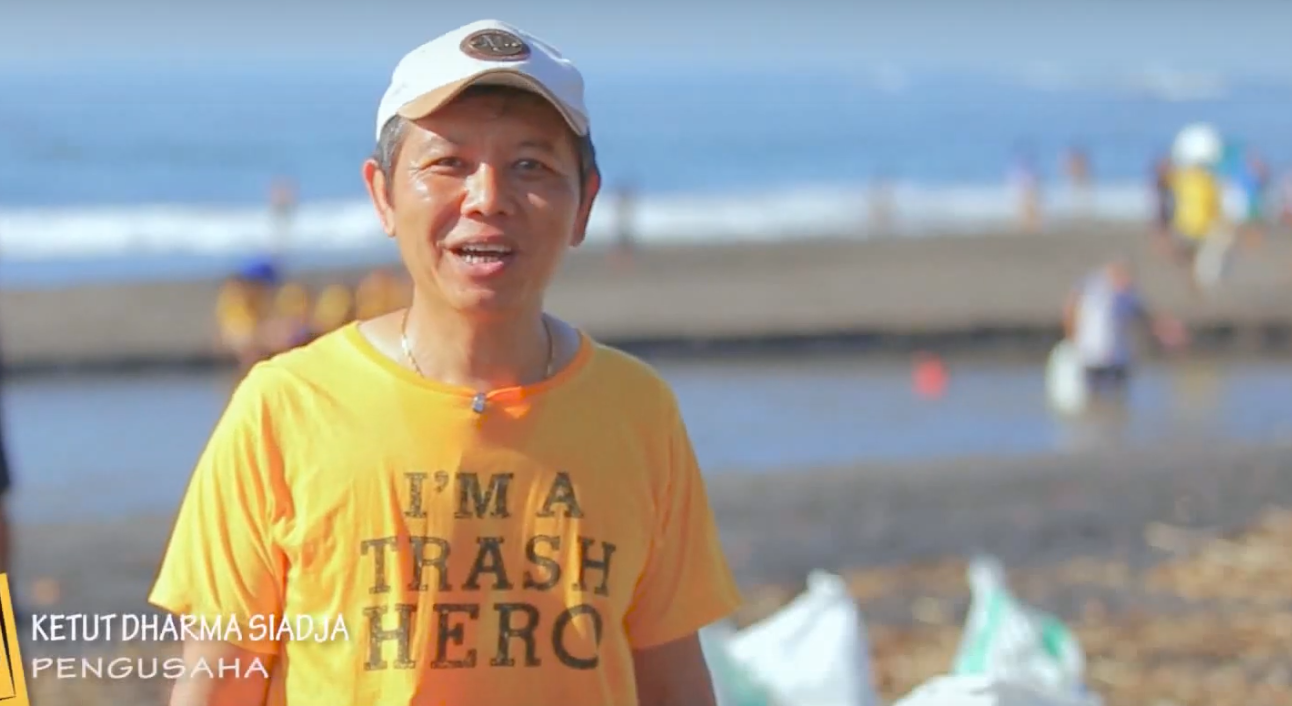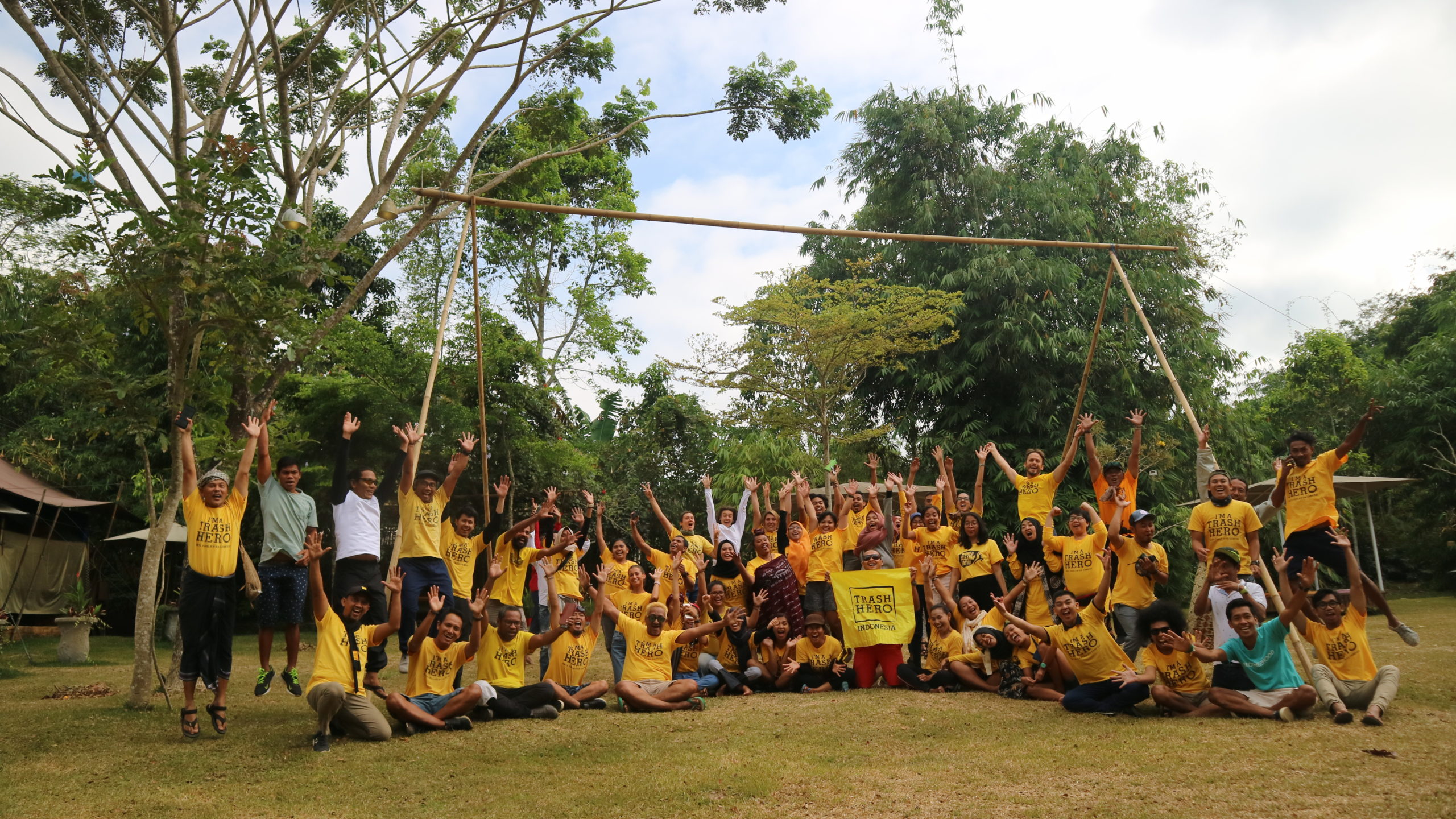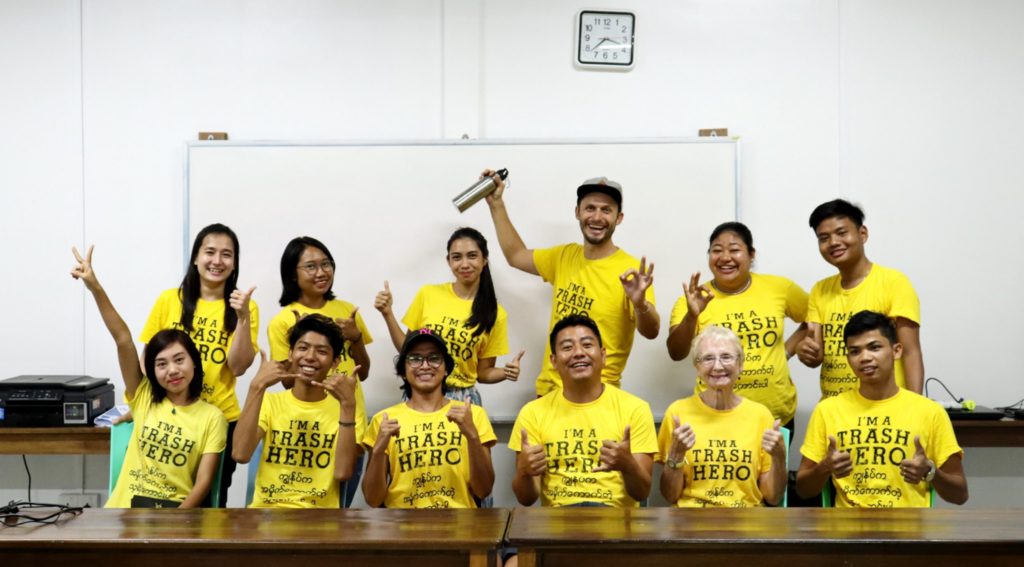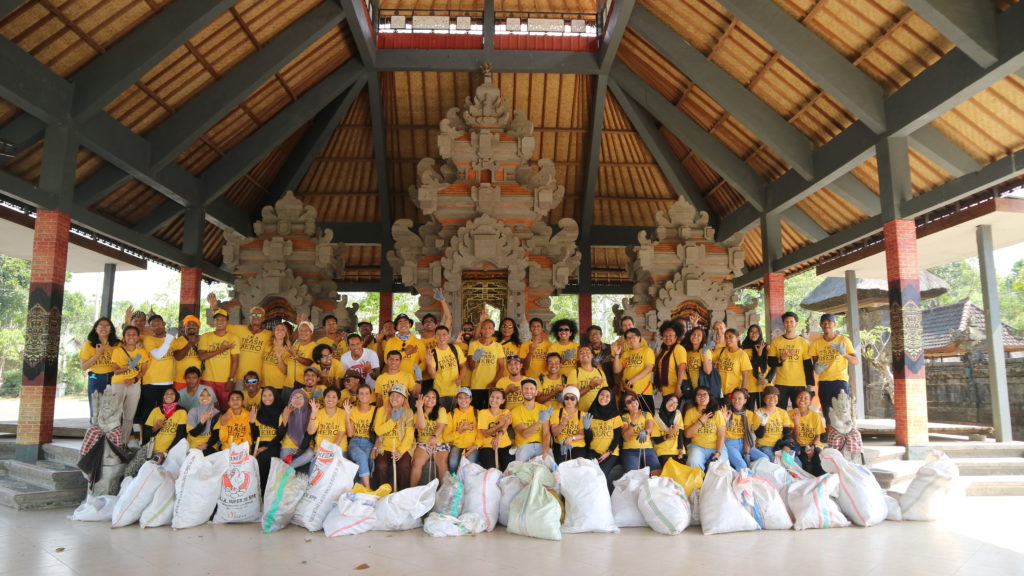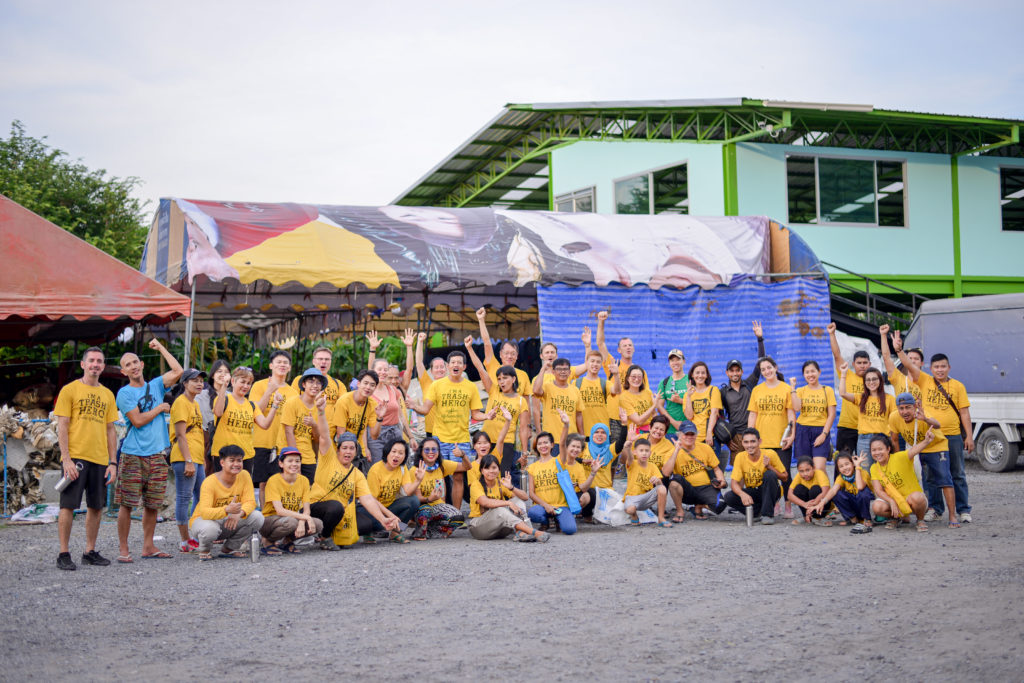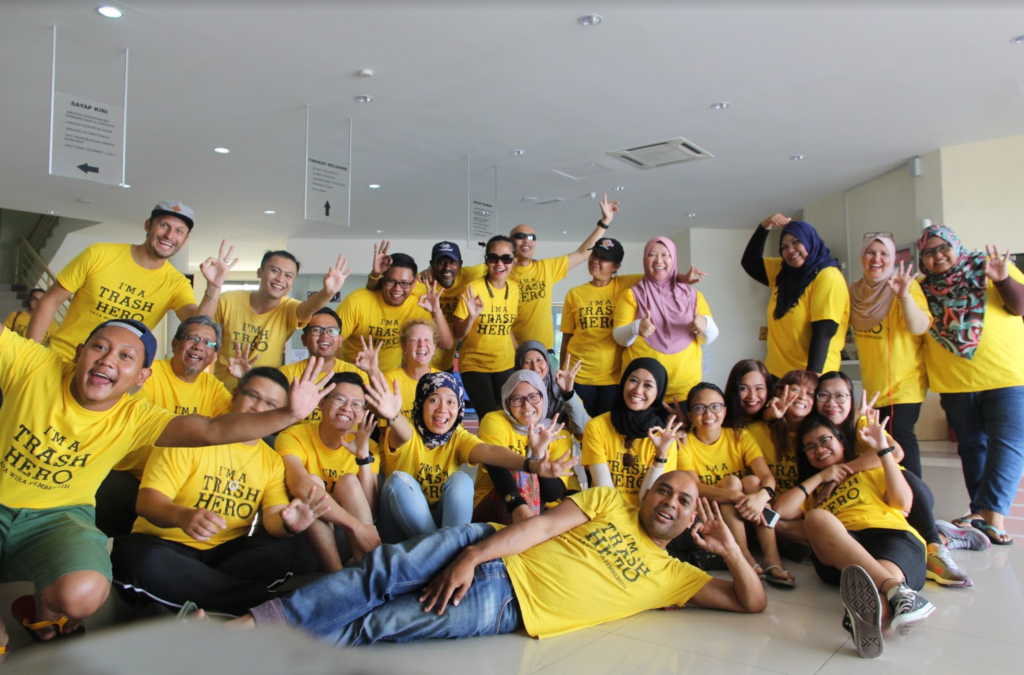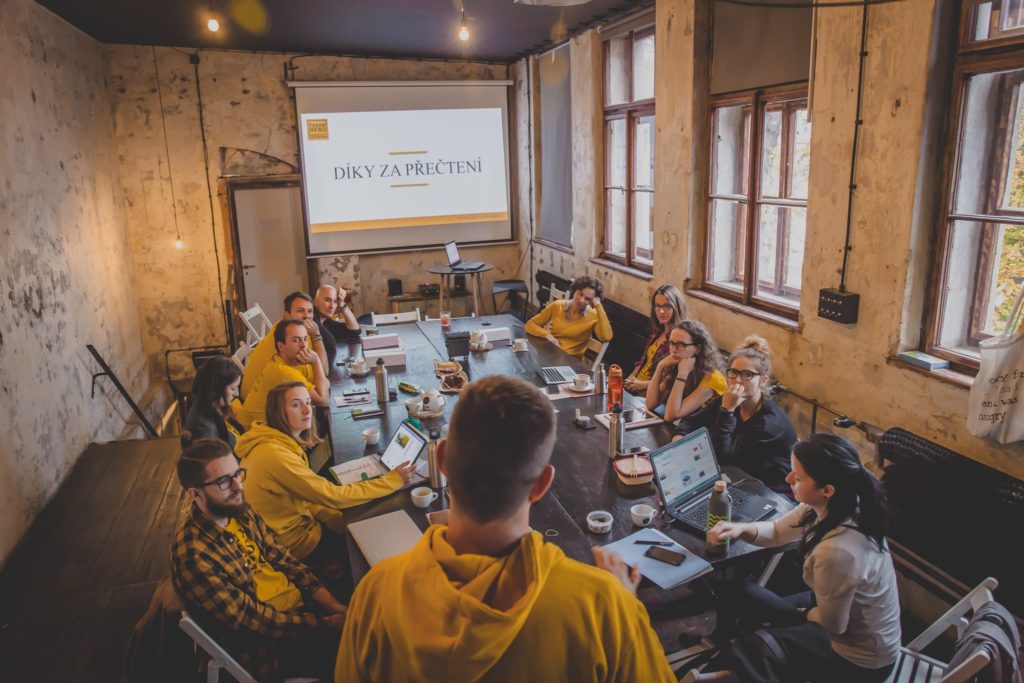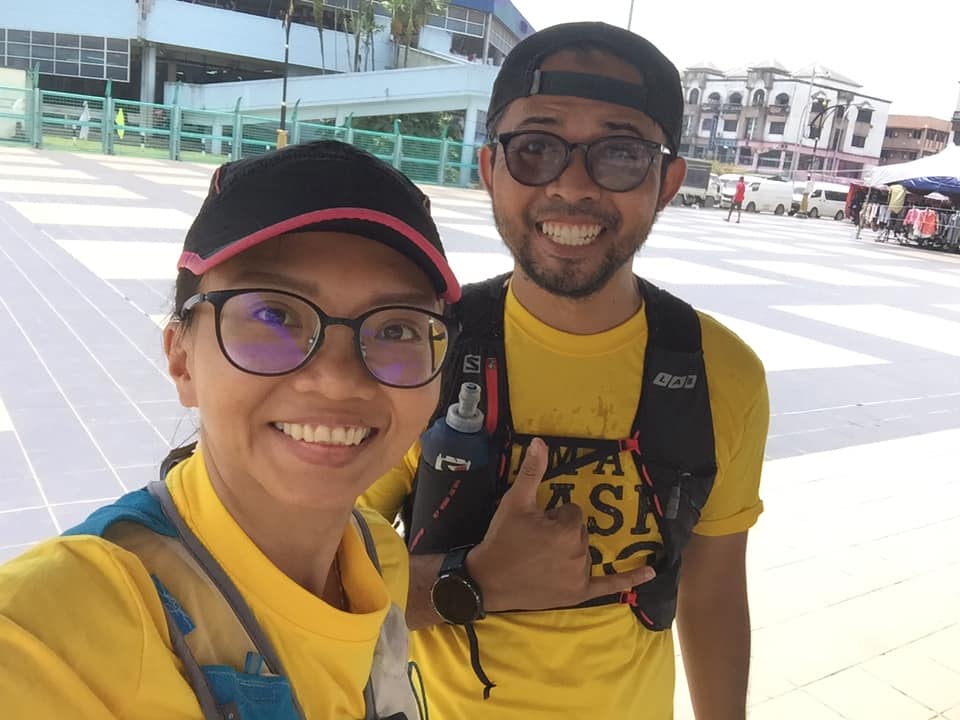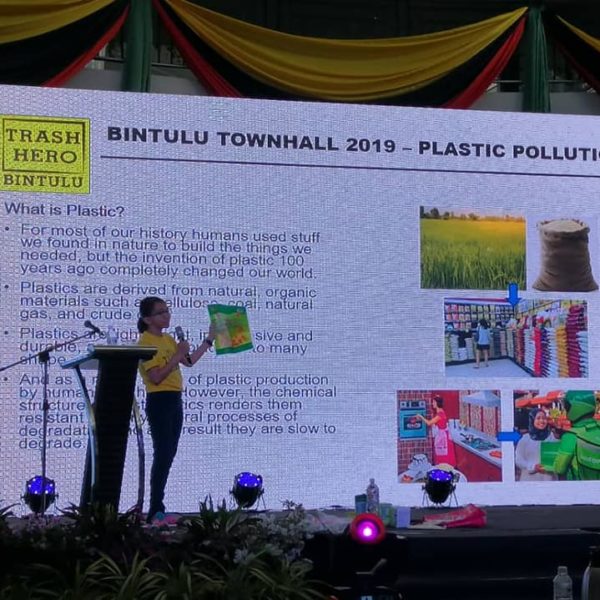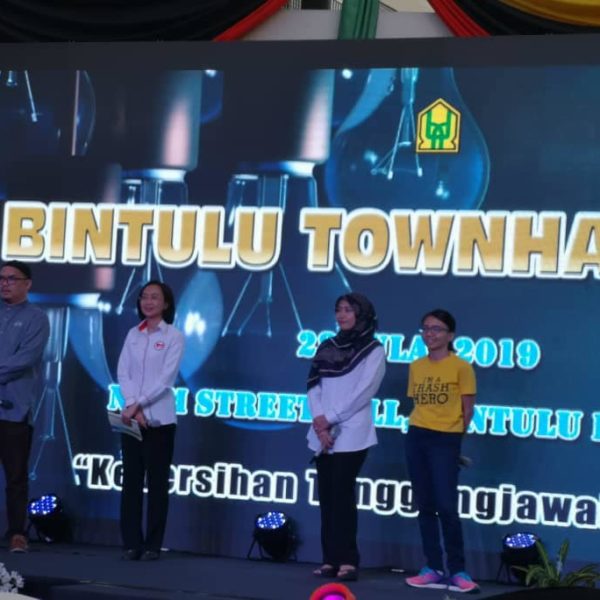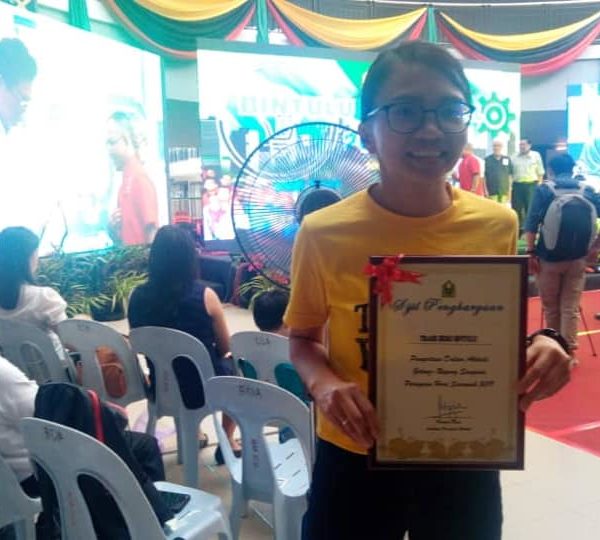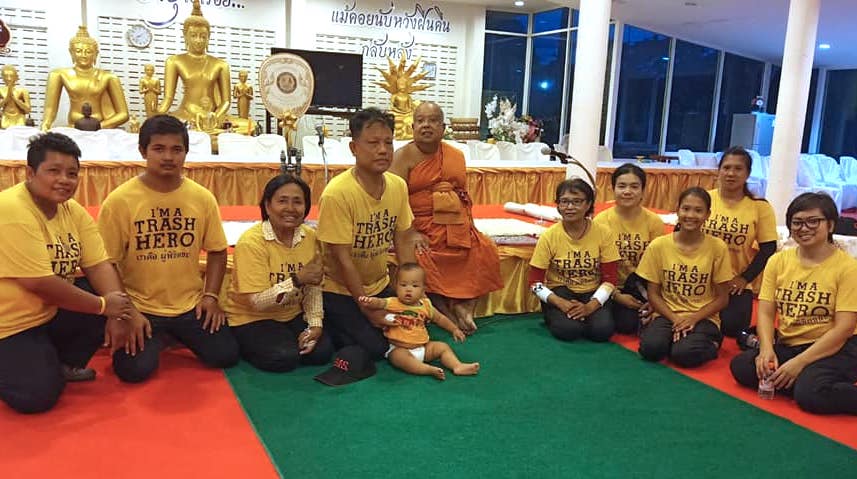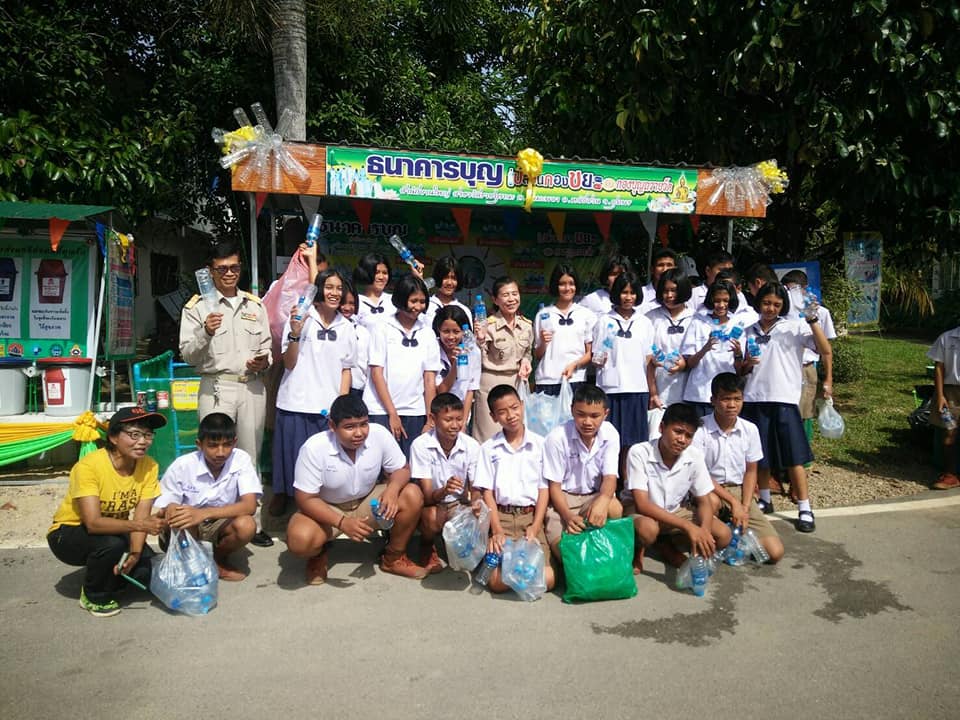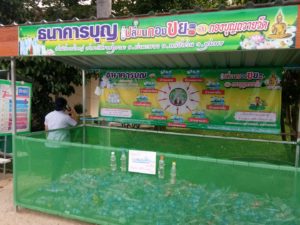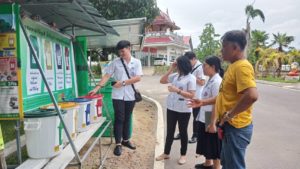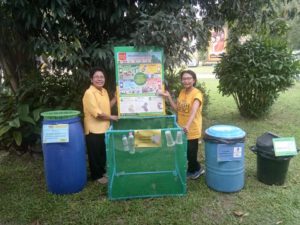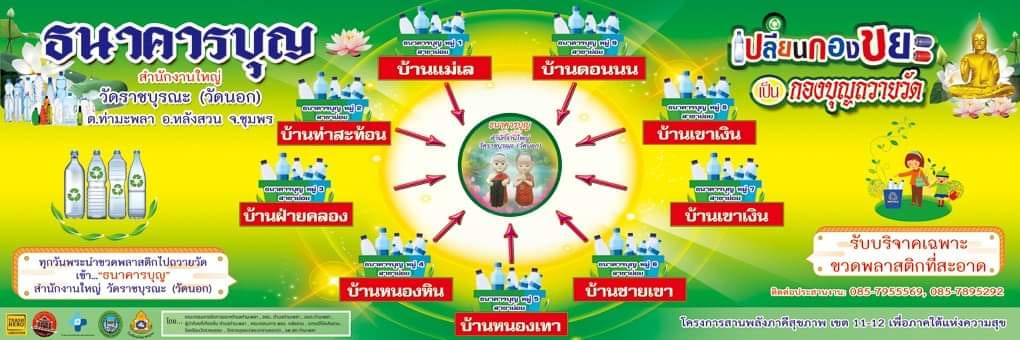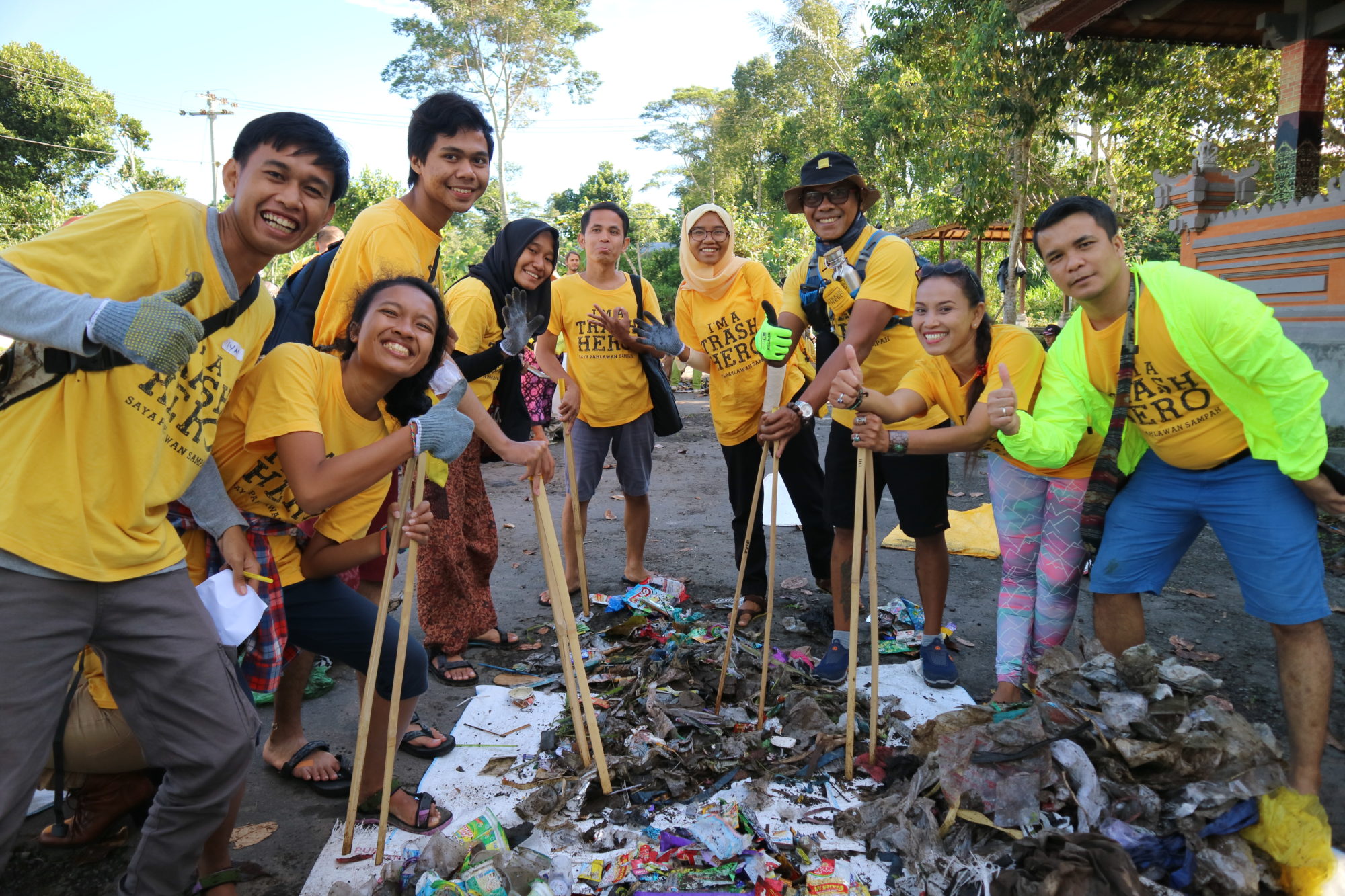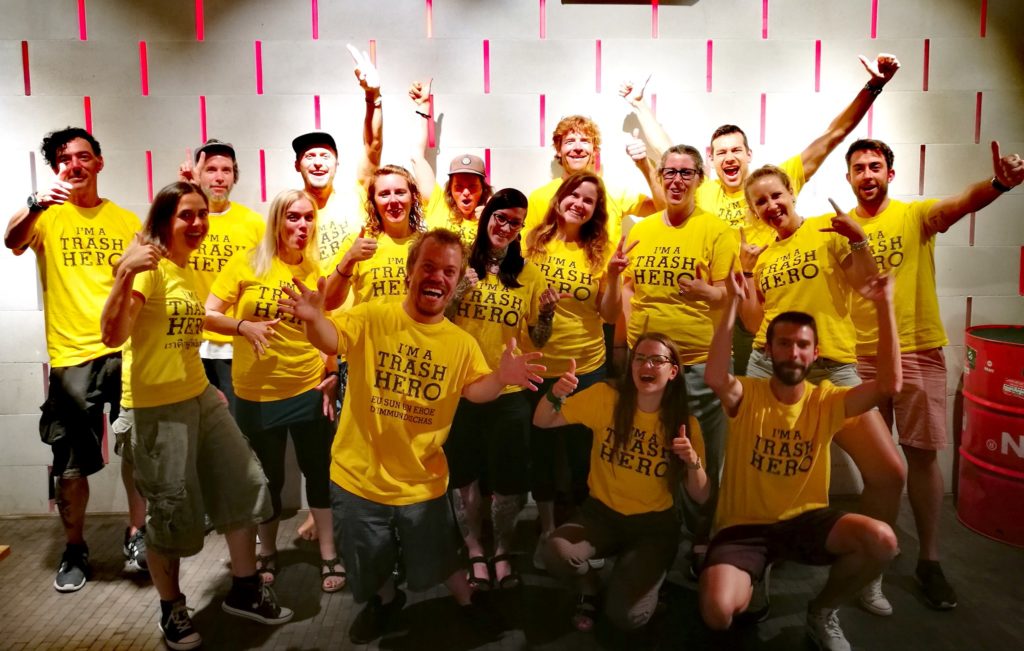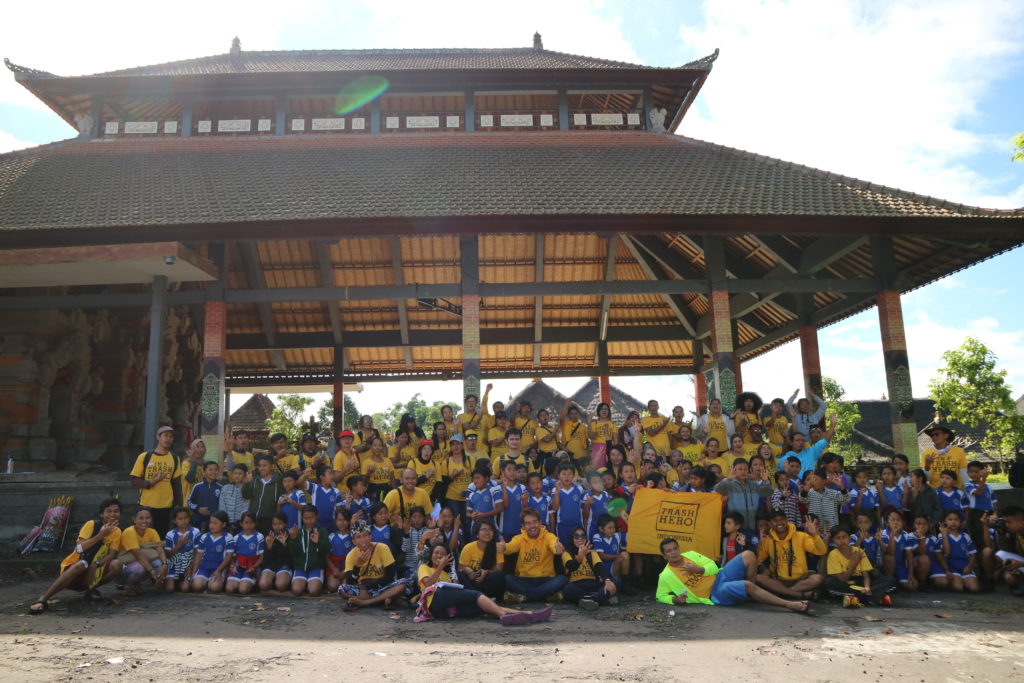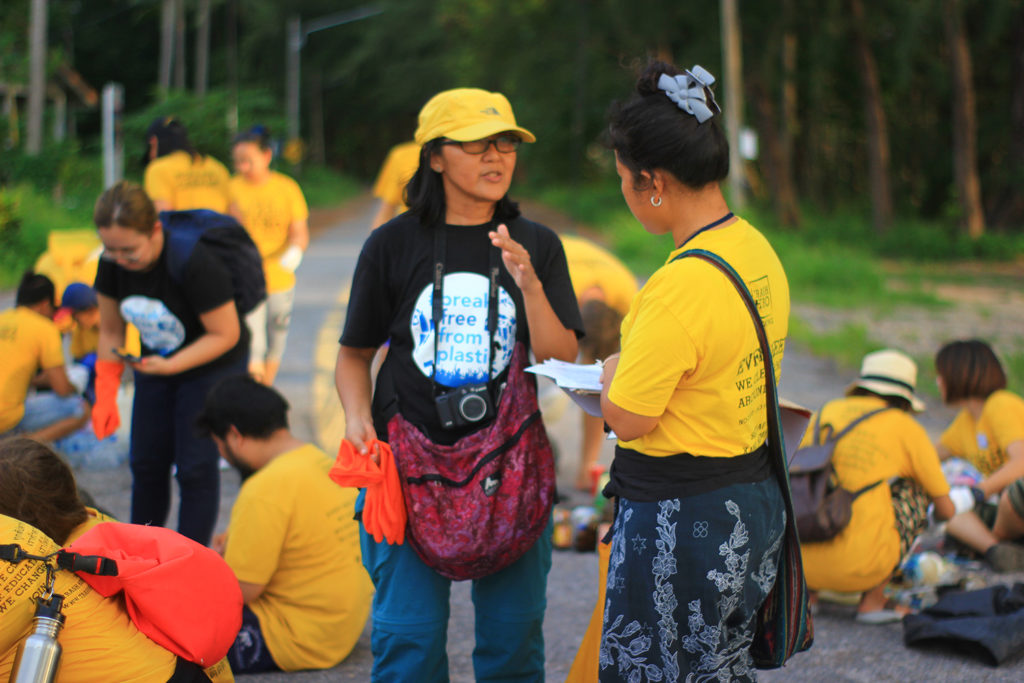Teaching and advocating for zero waste is rarely a simple case of passing on knowledge, like with a mathematical formula. For the knowledge to be accepted, it usually requires an accompanying shift in people’s values and behaviour. Changing someone’s whole world view is never going to be easy. However, after a week spent in Belgium this September, the task seems a little more achievable!
As Programme Director for the global Trash Hero network, I was privileged to take part in the Erasmus+ pilot project, “Building a European Zero Waste Academy” (BEZWA), organised by Let’s Do It Foundation, Zero Waste Europe and Ekologi brez meja, with the support of Tallinn University and the Estonian University of Life Sciences. The BEZWA project’s twin goals are to create:
1) a strong curriculum to teach zero waste ambassadors, who can then advocate for zero waste cities and communities; and
2) a network of skilled trainers who can train these ambassadors – and others – effectively.
The ambassadors’ curriculum was tested live at a training in Slovenia in early September for those just starting on their zero waste journey; I joined the second stage “training of trainers”, alongside NGO colleagues from France, Germany, Slovenia, Ukraine, Cyprus and Estonia, held at the end of the same month in Brussels.
There was a range of experience present, but most of us had developed our training skills on the job, without formal qualifications and simply following common practice. The intensive 5-day course put us all through our paces and turned our preconceived notions of teaching upside down.
There was no sitting through dull Powerpoints with “tips and tricks”. Instead we discovered the inner workings of the brain. We explored new training methods based on educational psychology – that were simultaneously being used on us! These methods empower students to take ownership of their learning, rather than being passive recipients of facts.
Our own knowledge of zero waste was challenged on many levels and we engaged in a variety of activities from improv sessions to designing and teaching mini-workshops. There was also space for quiet reflection. All of this stretched and exercised our thinking muscles in unexpected ways.
In between, we found time to visit a community compost project, support the city’s zero waste restaurants and even take part in a Break Free From Plastic protest against EU waste exports outside the European Commission and Council.
It was an endlessly thought-provoking and stimulating few days, completed by the warm, supportive energy of being with like-minded people and sharing our different experiences.
The benefits to Trash Hero will be felt immediately. So much of our work is about education and these new perspectives will help to build capacity within our network and to shape and refine our programmes. The knowledge will be shared with our country coordinators as we move forward with planning our Zero Waste Communities training. And it can even be incorporated into our family meetings for volunteers once they start up again next year.
We are grateful to have had the opportunity to attend the training and to all the teaching and coordination team who made it happen. The BEZWA project will continue with follow-up sessions for all participants and assessment of outcomes until September 2022.
read more
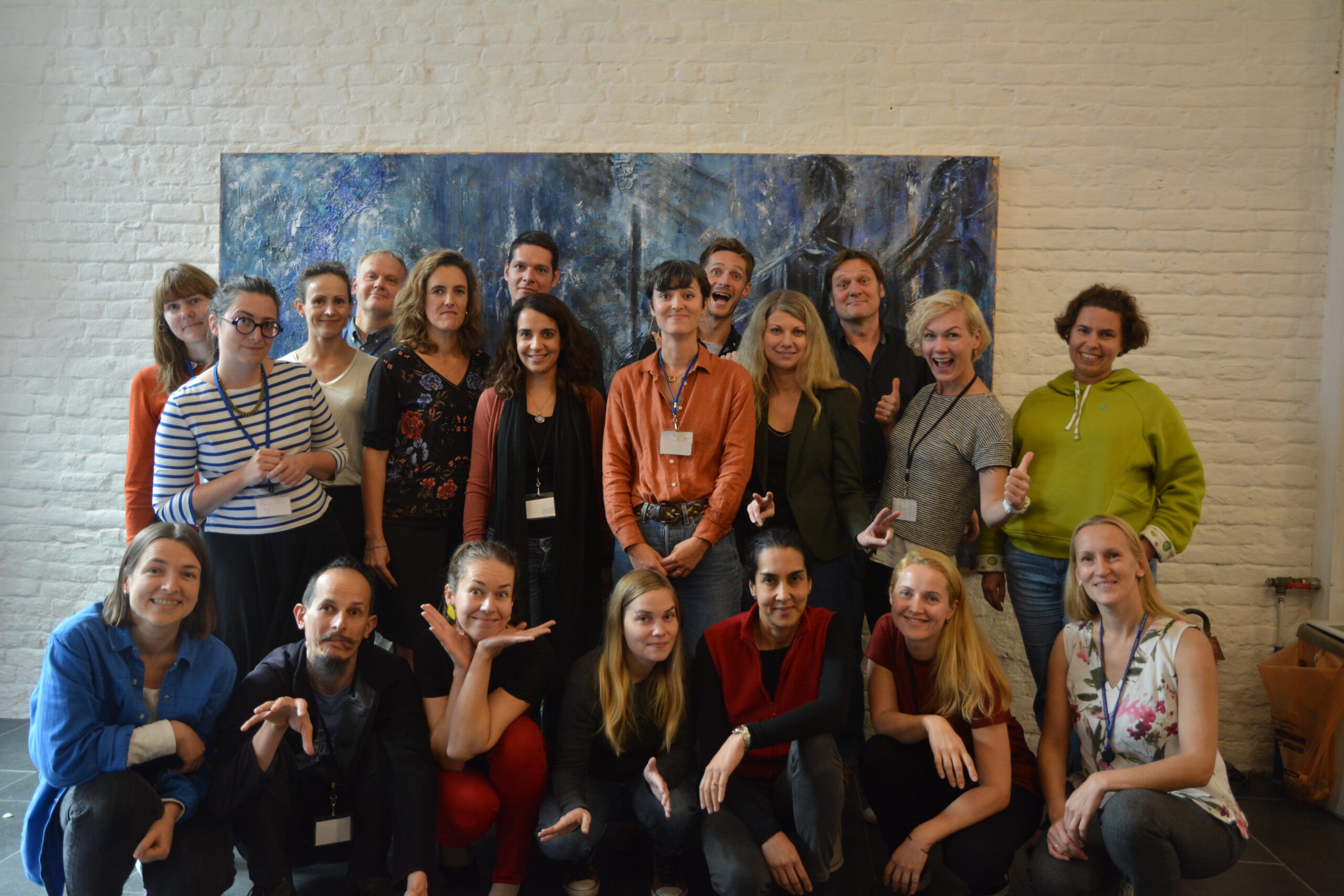
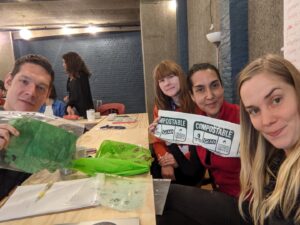
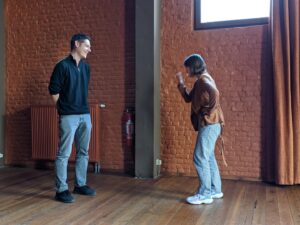
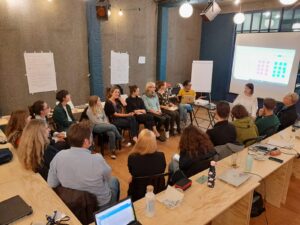
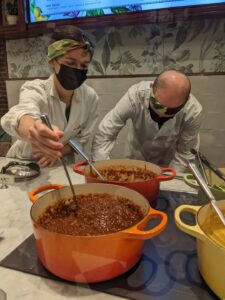
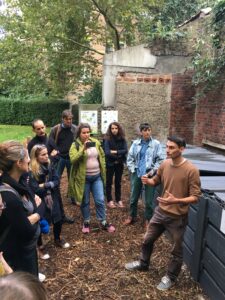
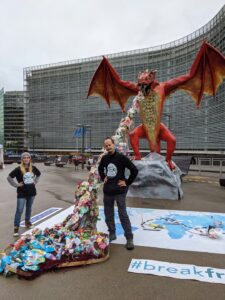
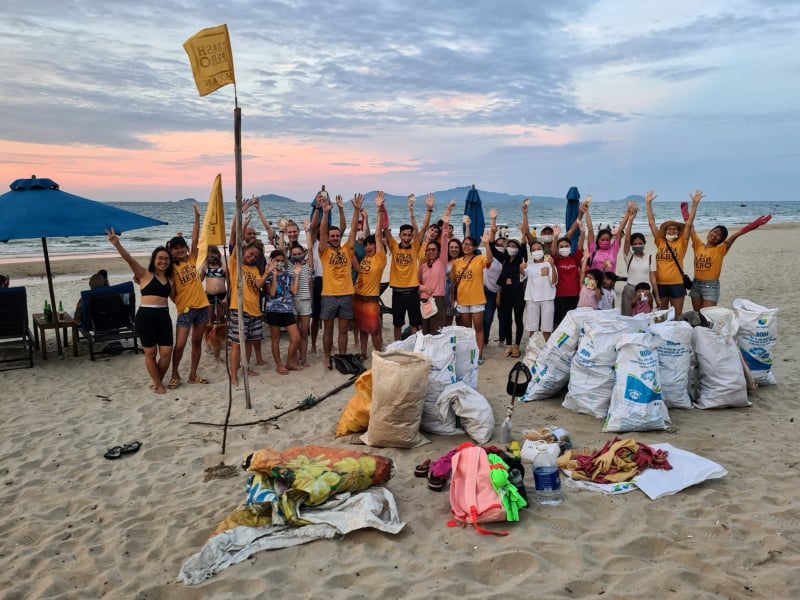

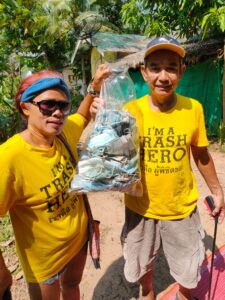 WHERE DO THEY GO?
WHERE DO THEY GO?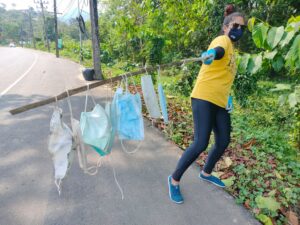 HEALTH RISKS
HEALTH RISKS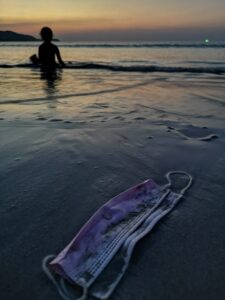 ENVIRONMENTAL RISKS
ENVIRONMENTAL RISKS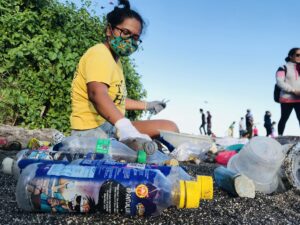 ALL OF THIS IS AVOIDABLE!.
ALL OF THIS IS AVOIDABLE!.